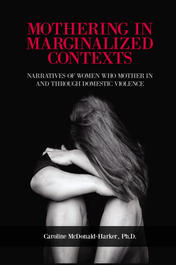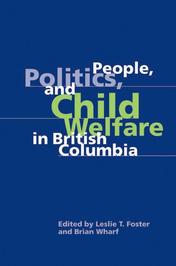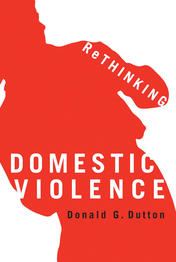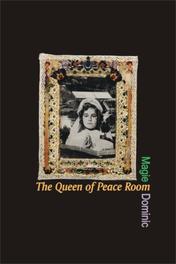Abuse
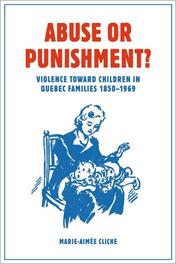
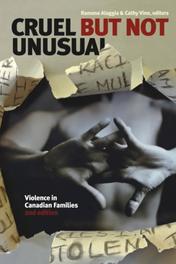
Excerpt from Cruel but Not Unusual: Violence in Canadian Families, 2nd edition edited by Ramona Alaggia and Cathy Vine
From Chapter Two: Family Violence or Woman Abuse? Putting Gender Back into the Canadian Research Equation by Molly Dragiewicz
Research on violence against women has been among the most scrutinized areas in social science. From the beginning, efforts to empirically document the prevalence, incidence, and characteristics of violence against women have been hotly debated (DeKeseredy, 2011; Dragiewicz & DeKeseredy, forthcoming; Minaker & Snider, 2006). Objections that violence against women was rare have given way to acknowledgement that it is more common than once thought. Research on the outcomes of woman abuse has documented the serious ramifications of this type of violence for individual victims and the broader community. However, violence against women was not simply “discovered” by scholars in the 1960s, leading to a progressive growth of the literature. Knowledge production around violence against women has been fiercely contested, and feminist insights in particular have always been met with backlash (Gotell, 2007; Minkaer & Snider, 2006; Randall, 1989; Sinclair, 2003). Research on violence against women has been targeted with claims of politicization, as if other social science research is devoid of political implications. Although the act of delineating the boundaries of any crime is political by definition, violence against women seems to be disproportionately characterized as such.
From Chapter Seven: Violence, Protection, and Empowerment in the Lives of Children and Adults with Disabilities by Richard Sobsey and Sonia A. Sobon
To more meaningfully reduce risk, people with disabilities must become part of the social fabric. In addition, while inclusion can help normalize risk for people with disabilities, normalization at best only reduces excessive risk to the rate experienced by other members of the community. As this goal is approached, reducing risks for people with disabilities typically means reducing the risks for all people and the community as a whole. This suggests that much of our effort toward protecting people with disabilities from violence should be directed toward efforts that reduce risks for all members of society. For example, seeking to reduce patriarchal dominance, and jealous and possessive behaviours, which one study (Brownridge et al. , 2008) found prevalent among male abusers of women with disabilities, would likely benefit society as a whole. When we think of violence against people with disabilities as a violence problem and not a disability problem, it seems obvious that including people with disabilities in our general violence prevention strategies makes sense. This suggests that we need to look for more ways to include people with disabilities in generic prevention programs and focus less on special programs. An added benefit is that people with disabilities can be useful assets to their community crime prevention programs. For example, depending on staffing needs, group homes may be the only houses in a community where people are home during the day or awake late at night. As such, they can be important assets to neighbourhood watch programs. Thus, people with disabilities can become active partners and assets to their community's violence prevention initiatives.
